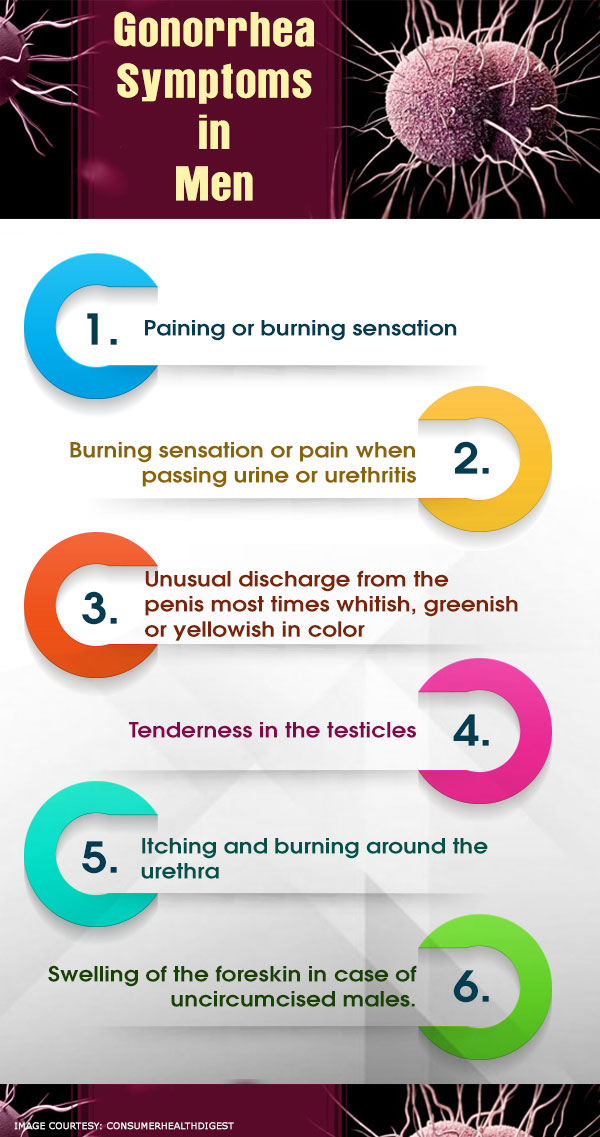

The role of saliva in gonorrhoea and chlamydia transmission to extragenital sites among men who have sex with men: new insights into transmission. sites/default/files/chlamydia-information-and-advice.pdf Chlamydia: Looking after your sexual health.cdc.gov/std/chlamydia/stdfact-chlamydia-detailed.htm Chlamydia - CDC fact sheet (detailed).Extragenital infections caused by Chlamydia trachomatis and Neisseria gonorrhoeae: A review of the literature. You can learn more about how we ensure our content is accurate and current by reading our editorial policy.

Healthline has strict sourcing guidelines and relies on peer-reviewed studies, academic research institutions, and medical associations. This means the FDA hasn’t specifically given the OK to use the test for pharyngeal chlamydia, but some doctors think swabs can help in detection. When a doctor uses a swab to test for chlamydia in the throat, it’s possible they’re doing so in an “off-label” fashion. Your throat contains a lot of bacteria, and this can make it hard to pinpoint chlamydia bacteria. This test is a little tricky because the Food and Drug Administration (FDA) hasn’t approved a swab test for pharyngeal chlamydia. They send this swab to a laboratory, which tests the specimen for the presence of DNA from the bacteria that cause chlamydia. If you’ve had a sore throat that doesn’t seem to go away or have a partner that you’ve had oral sex with who tested positive for chlamydia, you might want to ask your doctor about pharyngeal chlamydia screening.ĭoctors can use urine samples to diagnose chlamydia, but that doesn’t help them diagnose chlamydia in the throat.Īs a result, a doctor may swab your throat to test for chlamydia there. Note that screening for chlamydia in the throat isn’t a part of usual STI testing. The Centers for Disease Control and Prevention (CDC) reports chlamydia is not thought to be a significant form of throat infection, and you’re less likely to get chlamydia in the throat compared to the genital area.ĭoctors have several tests they can use to screen for chlamydia. You can’t get chlamydia mouth-to-mouth kissing.įor a reason doctors don’t fully understand, chlamydia bacteria more easily infect the groin area, such as the vagina, penis, or rectum, than the mouth. It’s possible that chlamydia can be transmitted to your throat if you give oral sex to a partner who has contracted a genital chlamydia infection.Īdditionally, getting oral sex from someone who has contracted a chlamydia infection of the throat can potentially transmit the bacteria to your genitals. The bacteria typically infect and cause symptoms in the location they first entered the body. The most common way chlamydia is spread is through unprotected anal or vaginal sex. However, if not treated, the infection can result in damage that can’t be reversed. These bacteria enter the mucus membranes and multiply.Ĭhlamydia doesn’t always cause symptoms.


To understand how or why it could happen, it’s important to consider how chlamydia is transmitted.Ī person can get chlamydia when their mucus membranes, such as those of the vagina, penis, or rectum, come in contact with chlamydia bacteria. It’s possible, but not likely, that you could get chlamydia in your throat.


 0 kommentar(er)
0 kommentar(er)
